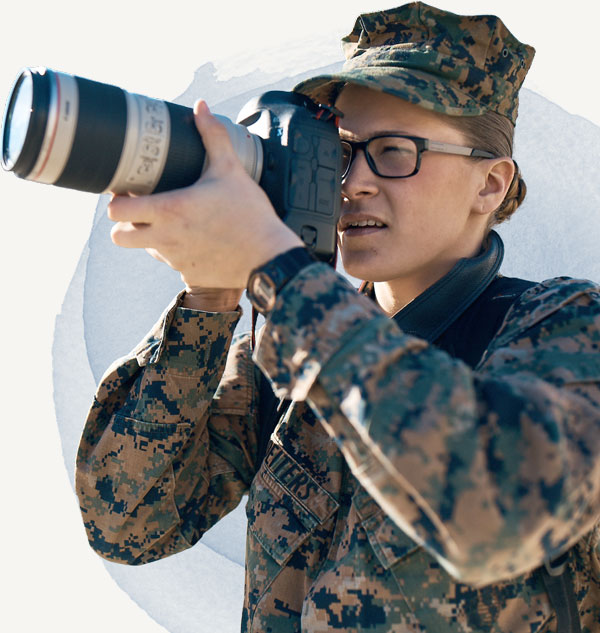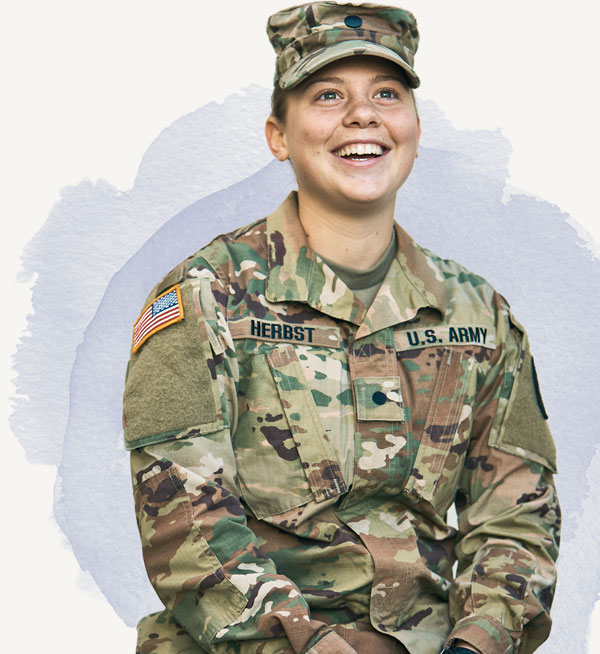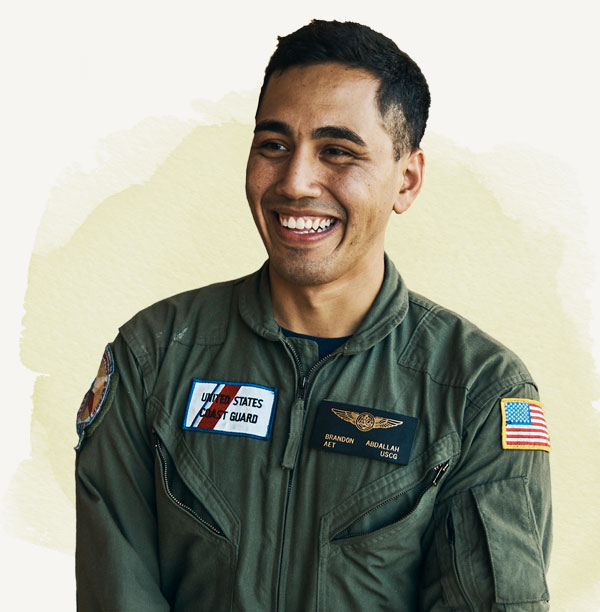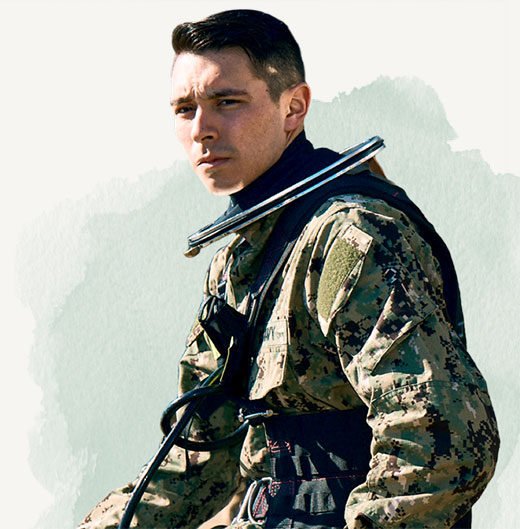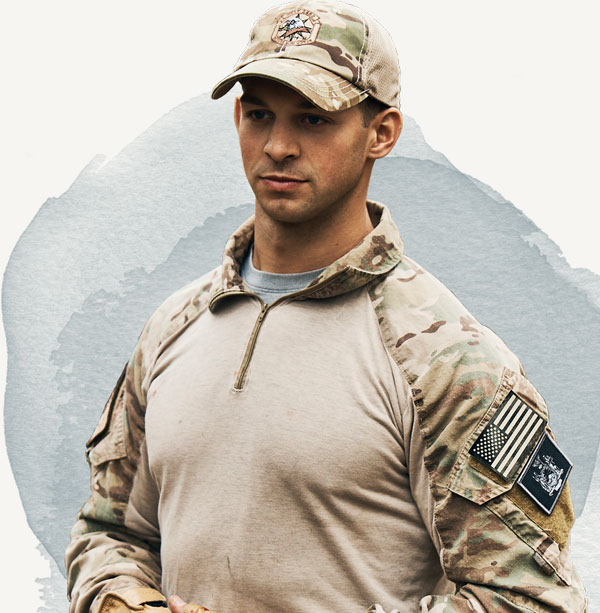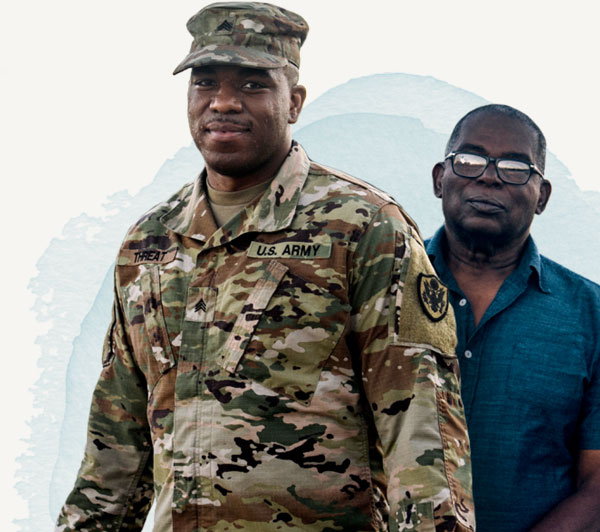Education & Training
College Credit
There are a number of ways the Military can help service members afford an education, either during or after service. In fact, a number of programs exist that can translate military training, experience and expertise into college credit, providing service members with more time, money and peace of mind.
College Degrees and Credentialing
Through a partnership with the American Council on Education (ACE), many service members have the opportunity to convert their training into a degree. Depending on service and school, service members can receive equivalent college credit for military experience, training and awards that more than 2,300 colleges and universities recognize.
Military experience can also translate into civilian licensing and certification for careers such as an electrician or software engineer. Each branch of the Military has programs to ensure service members receive credentials for the training they completed in service.
Testing Programs
The Defense Department administers thousands of academic exams to service members each year. These tests can help service members earn college credits for skills acquired during military training and operations. Tests are available at a discount to all Active Duty, Guard and Reserve personnel and include the following:
DANTES
The Defense Activity for Non-Traditional Education Support (DANTES) Credit-by-Exam Program offers the College Level Examination Program (CLEP) and the DSST Credit-by-Exam Program administered by Prometric.
College Level Examination Program (CLEP)
This program offers a great way to earn college credit and start your secondary education by offering more than 30 DANTES-funded exams.
- General Exams: Each exam measures the knowledge a student would be expected to gain during the first two years in college.
- Subject Exams: For every one of these timed, computer-based exams that a service member passes, he or she generally receives three hours of college credit (six or nine hours are possible in some situations). Check with your academic institution before taking the exam to ensure credit is accepted for your passing score.
DSST Credit-by-Exam Program
DSST exams are college subject tests that you can take to earn college credit for knowledge you have acquired outside of a traditional classroom. There are 38 subject exams from which to select in disciplines such as Business, Humanities, Mathematics, Physical Science, and more.
- Save Time: DSST exams take approximately two hours compared to an eight-week classroom course.
- Save Money: DANTES funds one attempt per exam title for eligible service members.
These exams offer college credit for information you already know or have learned during your training and military experiences.
Educational Opportunities from a Parent’s Perspective
The Military offers continuing opportunities for both formal education and life lessons. Find out what these parents think about the learning experiences their children have encountered in the Services.
Length 2:59 View TranscriptTranscription
Darlene Anderson: I can say that the Military really helped him in his direction as far as his career path and what he would like to do for the future.
Louis Arroyo: If my son chooses to retire — I believe currently he's thinking to retire at 20 years — so I'm sure by the end of 20 years he will be more than prepared to come into the civilian world and pursue whether it be logistics or whether he pursue school while he's in the Service and maybe another career. But currently he's looking at making a career out of the Marine Corps.
Norman Brown: Well, he wanted to go in the Army Reserve because he wanted to go to college, and he said, "Well, this way, Dad, they'll pay for me going to school and stuff." I mean, he really wants to, like, be an EMT. That's what he's going to school for, and he's working hard at it.
Jayne White: His school is paid for. He just has to jump through some hoops as far as the paperwork, and most of the schools are pretty good about understanding how to fill out the paperwork.
Bill Fraedrich: He has been in school now three different times, but interestingly, since his engineering school requires a co-op program, he's been able to count those schoolings as part of his co-op program. So he got paid for it. All his expenses were covered: living, food, everything, travel. Plus, he gets co-op credit in college. That's worked out pretty well for him.
Beth Radiseck: Lindsay is at — in Monterey, California, at the Defense Language Institute learning Russian because she's going to be a Russian linguist. She's still in school now. She's halfway through. She graduates in February, and then she'll go to Texas for a couple months to learn how to be a linguist. She'll have had her language — she'll graduate with her language and an associate degree, actually, which is great.
Greg Brewer: He had been trying to procure a job in law enforcement for the previous three, four years, and after going the rounds and trying to get on in many different suburbs on many different police forces, it just finally kind of sunk into him that the Military Service, which he could get the security and police training from, was a viable option for him, and so he decided to go that route.
Dale Conjurski: Justin got advice from Chris saying, "If you're going to be in the Navy, you've got to be in this program." If you talk to people, you tell people your kid joined the Navy and they're in nuclear, and everybody that knows it says, "Oh wow, that's a great program to get into," and even though their kids weren't in the nuclear program they had heard about the nuclear program. Justin chose that because if you can get that test and pass that test you might as well go for the best.
Monique Morris: Because he is an accountant, he had to go to a lot of classes about learning about taking care of your own finances, so — he got a car loan, so he has to pay bills. He's a credit union member. Now he, you know, he has his own accounts, he pays his own car note and all that stuff, so I think financially it helped him a lot, too.
Educational Opportunities from a Parent’s Perspective
Community College of the Air Force (CCAF)
The Community College of the Air Force (CCAF) is an accredited two-year college open to enlisted Air Force and Space Force service members. CCAF offers nearly 71 different associate degree programs in many scientific and technical fields, including:
- Computer science technology
- Avionic systems technology
- Air and space operations technology
- Allied health sciences
- Paralegal studies
- Information management
Every CCAF degree requires courses in the service member’s technical job specialty, leadership/management/military studies, general education and physical education. Service members can accumulate credits while on active duty at Air Force technical training schools and when they enroll in colleges near their duty stations that offer accredited courses. Enlisted members of the Air National Guard and Air Force Reserve are also eligible to participate in CCAF. The college also awards credit for exams offered by the testing programs listed above.





